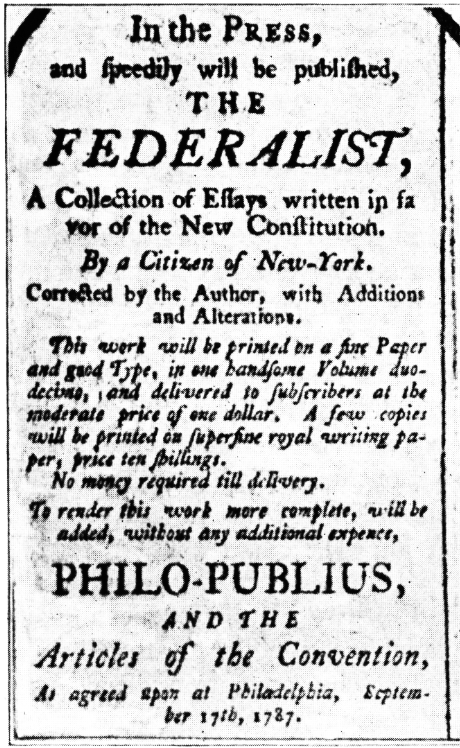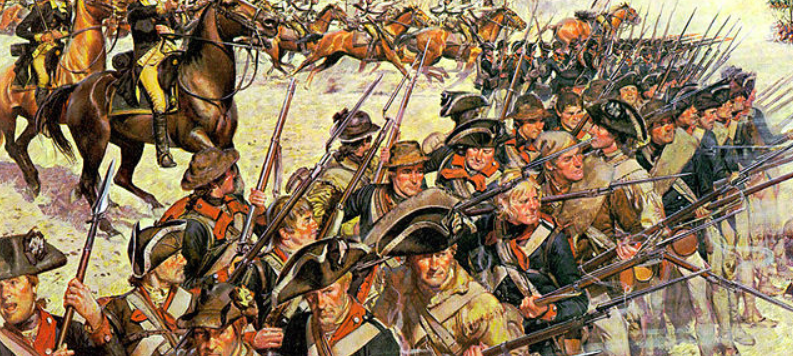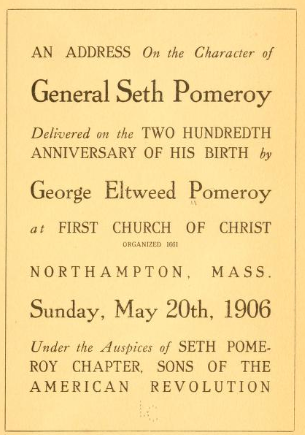David Wooster Rejects His Commission
David Wooster was a Major General in the Connecticut Militia who gave his life for his country.
Wooster filed a grievance when the Brigadier Generals were announced for the Continental Army regarding who was given higher ranks.
David Wooster
By the outbreak of the Revolutionary War, David Wooster had a long record of military service.
In the aftermath of Lexington and Concord, Wooster was commissioned as a Major General in the Connecticut militia.
Thus, at the outset of the rebellion, David was his colony’s highest ranking military officer.
Brigadier General
While most soldiers in New England were rushed to Boston to participate in the siege of that city, David Wooster went in the opposite direction.
Wooster led approximately 800 soldiers to help defend New York City.
While on his way, David ran into George Washington who was en route to take command of the Continental Army.
Washington handed Wooster a commission.
The Continental Congress had appointed David as the fourth highest ranking Brigadier General in the Army.
Resistance
You might be surprised to learn that Wooster was not happy about the position he received.
Israel Putnam, who was only third in seniority in the Connecticut Militia, was given the rank of Major General.
Honor was a very important part of society at the time, and being passed over for a position felt to Wooster like a slap in the face.
He returned his commission to the Continental Congress and informed his friend, Roger Sherman, that he would rather continue leading the Connecticut Militia. However, he did note that he was fighting for, “a cause which I could most cheerfully risk, nay lay down my life to defend.”
Montreal
After assisting in the fortification of New York, Wooster led his men north to help with the Invasion of Canada.
He spent several months commanding the occupation of Montreal (yes, the Patriots conquered and held Montreal for a time).
Unfortunately, he had trouble keeping the locals in check and later received a court martial for the lack of order, though he was acquitted on that charge.
Ridgefield
David returned to Connecticut and oversaw the defense of his State.
In April of 1777, the British raided a Patriot storehouse in Danbury (known as the Danbury Raid).
In response, Wooster called out the militia.
They chased the Redcoats down and the Battle of Ridgefield broke out.
Although the British defeated the Americans on the field, they retreated and strategically the results were in the American’s favor.
Unfortunately, Wooster was shot and mortally wounded during the battle.
He died days later, with his last words being, "I am dying, but with a strong hope and persuasion that my country will gain her independence."
Massachusetts also had an issue with how the Brigadier Generals were named by the Continental Army.
Check out this article for more on that story:
Set Pomeroy Resolves the Massachusetts Seniority Crisis
Although I did not dig into it in this article, Wooster had to battle smallpox within his army during his time in Canada.
‘Wooster’s Invisible Enemies’ is an interesting book that digs specifically into this dramatic moment in the outset of the Revolutionary War.
Pick up a copy through the Amazon affiliate link below (you’ll support this site, but don’t worry, Amazon pays me while your price stays the same).






